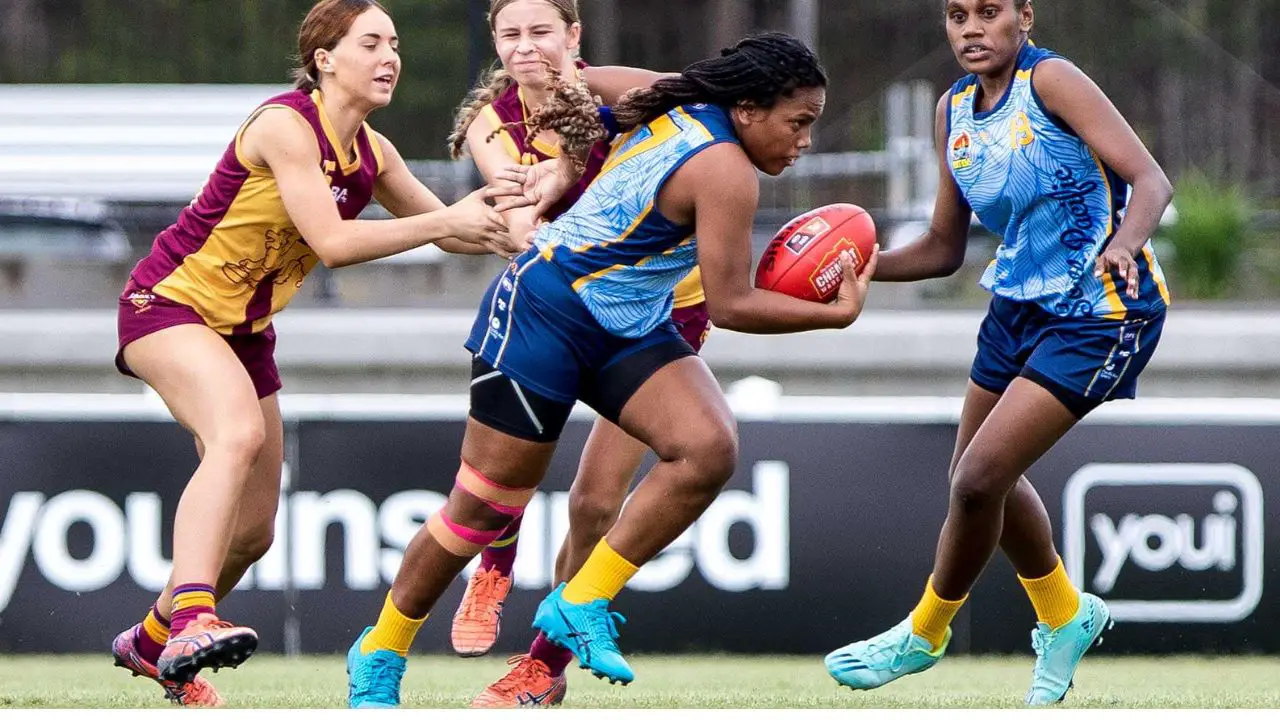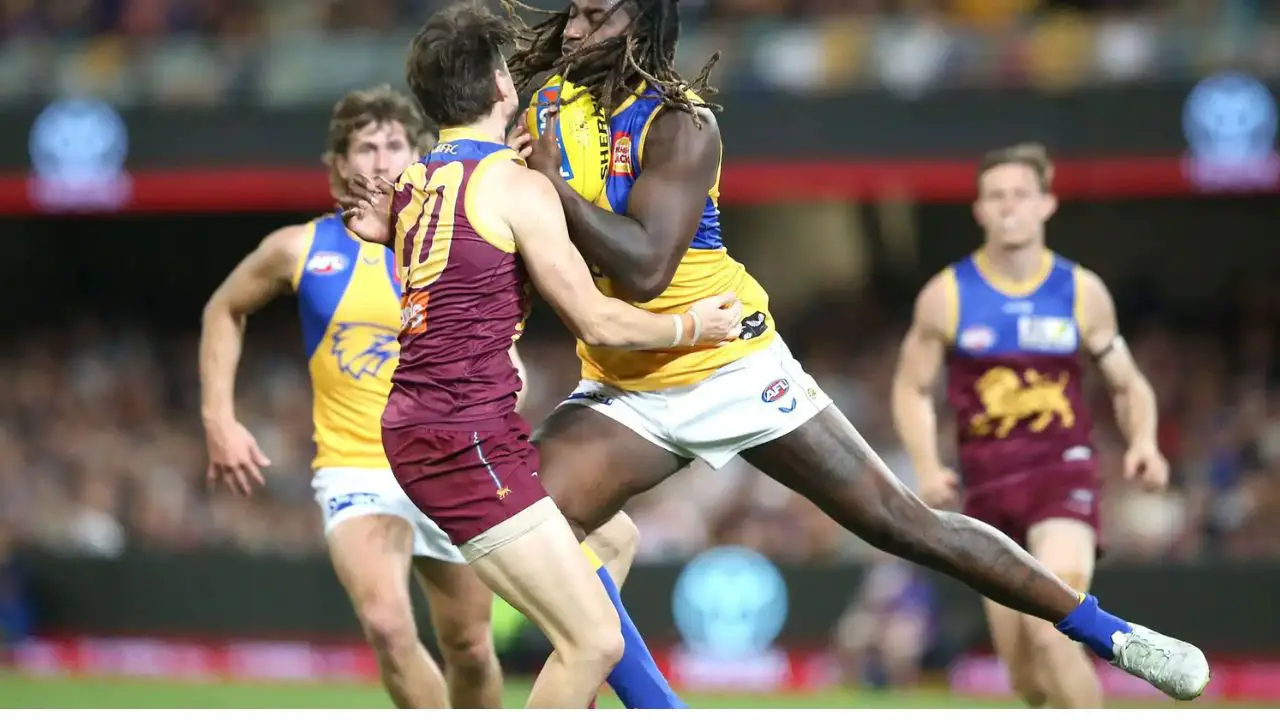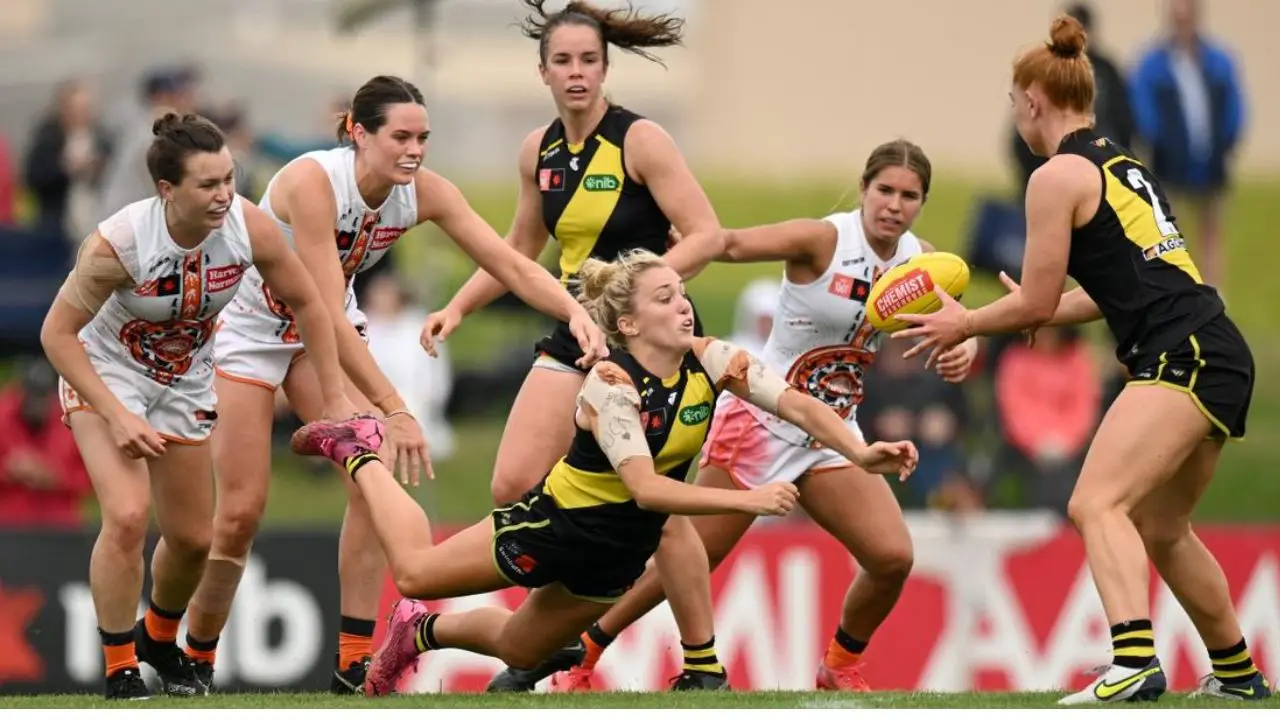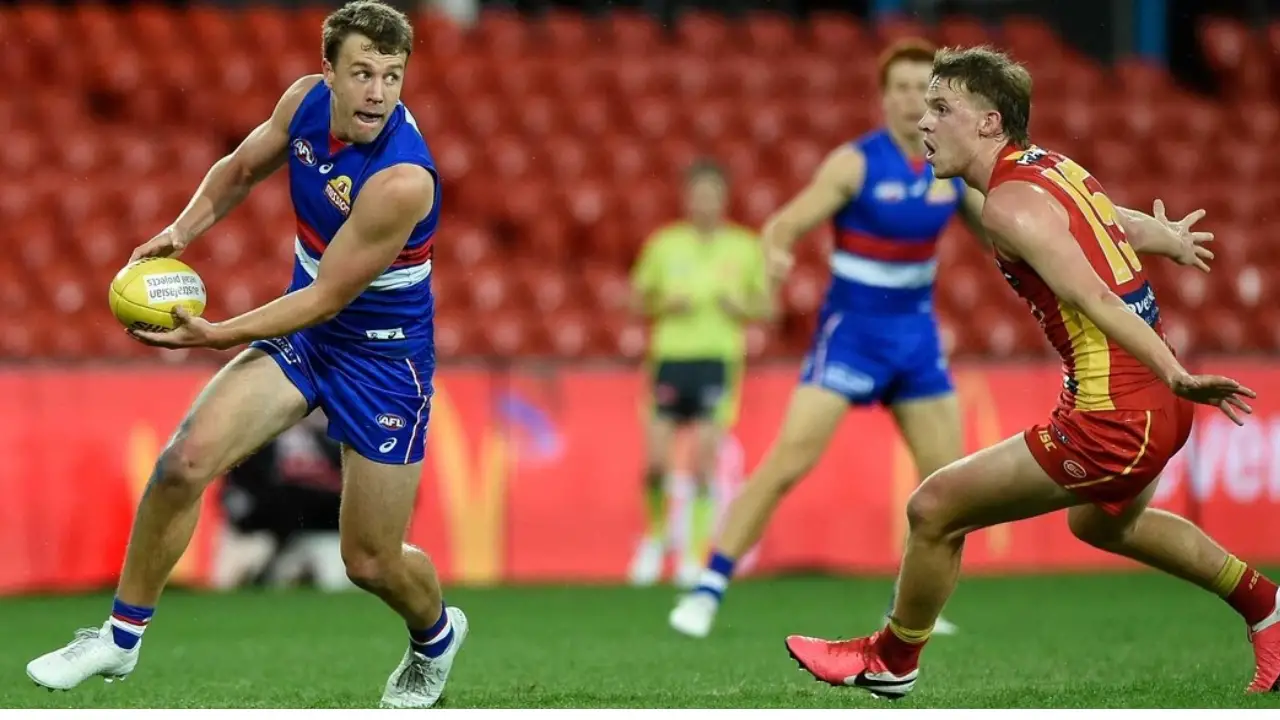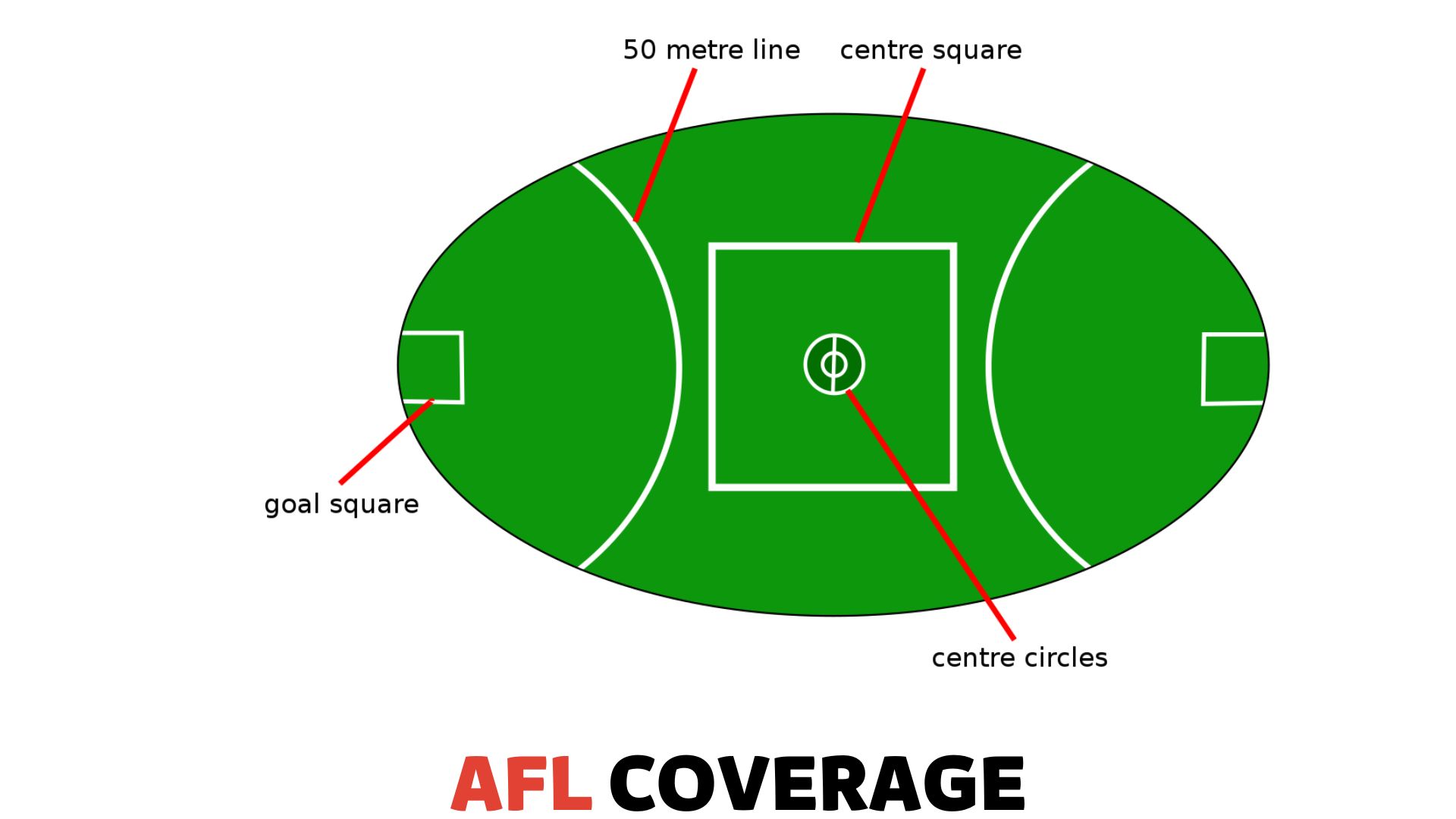AFL players typically retire in their early to mid-30s. The decision is often based on physical health and team dynamics.
Australian Football League (AFL) players dedicate a significant portion of their lives to the sport, with careers that can span over a decade. Reaching one’s peak performance in the AFL demands rigorous training, exceptional skill, and a deep passion for the game.
The decision to retire is a pivotal moment for any player, generally influenced by their physical ability to compete at elite levels, injury history, and the evolving needs of their team. Retirement age varies, but many players step away from the professional stage while still in their 30s, allowing for a transition into coaching, commentary or other industry roles. Ensuring a sustainable post-football career is crucial, prompting players to consider their long-term health and life after the game in their decision-making process.
The Typical Age Range For Afl Retirement
Understanding when AFL players usually retire helps fans appreciate the game’s physical demands. Players often hang up their boots when their bodies cannot compete at elite levels. The typical retirement age for AFL athletes spans from the early 30s to the mid-30s. This period marks a shift in a player’s life, from the rigors of professional sports to new personal and career goals.
Physical Peak Vs. Longevity In Afl Careers
AFL players’ careers are a balance between hitting their physical peak and achieving longevity in the sport. The peak often occurs in their late 20s, supplying optimal performance and athleticism. Here are key factors influencing their career span:
- Physical condition
- Type of position played
- Recovery from injuries
- Club and personal goals
Choosing the right time to retire is crucial. Players must consider their health and future roles within or outside AFL.
Statistical Trends In Retirement Age
Data on AFL retirements reveal patterns in the age at which players retire. Recent stats suggest a consistent range:
| Retirement Age | Percentage of Players |
|---|---|
| 30-33 years | 60% |
| 34-37 years | 30% |
| 38+ years | 10% |
Most players retire before their late 30s, highlighting a trend towards younger retirement ages in recent years. NFL clubs and fans witness a transition as experienced players make room for emerging talent.
Factors Influencing Afl Players’ Retirement Decisions
When an AFL player decides to retire, it’s rarely a snap decision. Several factors play a pivotal role in determining the right time for them to hang up their boots. Understanding these influences can shed light on the complexity and emotion wrapped up in their choice to leave the game they love.
Impact Of Injuries On Career Duration
In the AFL, injuries are not just physical setbacks; they can spell the end of a player’s career. Frequent injuries take a toll on the body, often leading to early retirement. Players must listen to their bodies, with the following aspects being critical:
- Severity of Injuries: More serious injuries may lead to a sudden end to an AFL career.
- Recovery Time: Long-term recovery can sideline a player, forcing them to consider life outside the sport.
- Long Term Health: Players often retire to prevent chronic health issues post-career.
The Role Of Personal Achievement And Team Success
AFL players thrive on personal achievements and team success. Yet, these can also influence their retirement timing:
- Championship Goals: Winning a premiership is a coveted milestone that can crown a player’s career.
- Individual Laurels: After securing personal accolades, players may feel fulfilled and ready to move on.
- Team’s Future Direction: Changes in team dynamics or direction can encourage a player to retire.
Life Beyond The Field: Post-retirement Pathways
The final siren has sounded on the careers of many AFL players, but what happens next? Retirement for athletes is not an end but a transition into new beginnings. Let’s explore the avenues that former AFL stars commonly pursue once they hang up their boots.
Transitioning To Coaching And Commentary Roles
Many players extend their passion for AFL into coaching and commentary. These roles allow retired athletes to stay close to the game they love. From on-field strategy to behind-the-mic analysis, here’s how some make the shift:
- Coaching: Harnessing their on-field experience, former players often join coaching teams. They use their knowledge to train current athletes and shape future stars.
- Commentary: With insights from their playing days, ex-AFL stars deliver expert analysis on television, radio, or podcasts. Fans appreciate their in-depth perspective during live games and shows.
Venturing Into Business And Entrepreneurship
While the glory of the sports field fades, business ventures take the spotlight for many. Retired AFL players capitalize on their fame and networking skills to kick-start successful business careers:
| Business Type | Advantages | Examples |
|---|---|---|
| Fitness Centers | Uses fitness expertise, builds on athlete reputation | Personal training studios, gyms |
| Retail | Leverages personal brand, engages with fanbase | Sports apparel, merchandise stores |
| Real Estate | Employs negotiation skills, high-value networking | Property development ventures |
With bold decisions and hard work, these athletes turn their teamwork and leadership skills into business success stories.
Recent High-profile Afl Retirements
Time marches on, and even the brightest stars on the AFL field must inevitably dim. The sounds of fans cheering are a testament to the unforgettable careers of players who have recently hung up their boots. Their farewells mark the end of an era, stirring emotions across the sports community, from teammates to fervent supporters.
Case Studies Of Prominent Player Farewells
The Australian Football League (AFL) has seen several notable retirements over the past few seasons. These players leave behind a legacy defined by on-field heroics and unwavering leadership.
- Gary Ablett Jr., a two-time Brownlow Medal winner, said his final goodbye to the game in 2020.
- Kade Simpson of Carlton bid adieu after a stellar 342-game tenure.
- The player with lightning speed, Eddie Betts, also joined the retirees after an illustrious career peppered with mind-bending goals.
Media Coverage And Fan Responses
Every farewell sparks a flurry of media attention. Reporters pen heartfelt articles while highlights reel across TV screens and social media feeds. Fans take to platforms like Twitter and Instagram to express their adoration and share memories.
| Player | Media Spotlight | Fan Sentiment |
|---|---|---|
| Gary Ablett Jr. | Extensive career retrospectives | Overwhelming praise and nostalgia |
| Kade Simpson | Reflections on longevity and consistency | Respect and admiration for dedication |
| Eddie Betts | Frequent highlights of spectacular goals | Loving tributes and thankful messages |
Fans immortalize these players through tributes that echo the cheers that once filled stadiums. These moments become part of AFL folklore, passed down through stories and statistics that continue to inspire.
Planning For Retirement As An Afl Athlete
The final siren on a player’s career can be daunting. AFL athletes face unique challenges when they step away from the game. Planning early ensures a smooth transition into life after football. A well-rounded approach includes financial strategies and skills development.
Financial Security And Pension Plans
Building financial security is crucial for life after AFL.
- Pension plans help provide a stable income.
- Athletes contribute during their playing years.
- Superannuation arrangements should align with career length.
Engaging with financial advisors is a smart move. They help navigate investments, savings, and life insurance,
Educational Programs And Future Skills Training
Education and skill development open doors post-retirement.
| Program Type | Benefits |
|---|---|
| Degree courses | Secure academic qualifications |
| Trade certifications | Practical skills for diverse careers |
| Business courses | Entrepreneurship opportunities |
AFL Players Association offers programs for career development.
The Psychological Impact Of Retirement On Afl Players
The transition from a professional athlete to retirement often presents a significant emotional challenge. For AFL players, the end of their sporting career can bring an array of psychological hurdles. Understanding how retirement impacts their mental health is crucial. It sheds light on the importance of adequate support structures.
Identity And Self-worth Post-career
Losing the athlete identity can lead to a significant emotional toll. AFL players spend years honing their skills, with the game often becoming a core part of their sense of self. Retirement can strip away this identity, leaving players to search for purpose in their lives. Feelings of lost direction can contribute to emotional distress.
- Adjusting to a new routine is daunting.
- Players must find new passions to pursue.
- Seeking out a new sense of accomplishment becomes vital.
Support Systems And Mental Health Services
Support systems play a vital role in helping retired players navigate this life change. Family, friends, and professional support services can offer guidance and comfort. Players benefit from mental health programs tailored to their specific needs. Such services help manage feelings of anxiety, depression, and loss of identity.
| Support Option | Benefits |
|---|---|
| Counseling Services | Personalized help for emotional challenges |
| Career Coaching | Assists in identifying new goals |
| Peer Networks | Connect with others facing similar transitions |
| Wellness Programs | Foster continued physical health |
Frequently Asked Questions For When Do Afl Players Retire
What Age Do Most Afl Players Retire?
AFL players generally retire in their early-to-mid 30s, though this can vary based on individual circumstances and health.
Are Afl Retirements Due To Injury Common?
Yes, injuries can often precipitate retirement for AFL players, especially if they are recurring or career-threatening.
How Long Is The Average Afl Career?
The average career span of an AFL player is approximately 6 years, factoring in both short and long-term players.
Do Afl Players Receive A Pension After Retiring?
AFL players are entitled to a pension plan which commences at the age of 55, provided they meet eligibility criteria.
Can Afl Players Come Back From Retirement?
Comebacks are possible and have occurred, but they depend on the player’s health, motivation, and club interest.
Conclusion
Determining the right time for AFL players to retire is a nuanced decision. Career length varies, influenced by physical condition, team needs, and personal goals. By examining individual circumstances and listening to their bodies, players can make this pivotal choice wisely.
Ultimately, retiring is a personal journey, marking the end of one chapter and the beginning of new pursuits both on and off the field.







